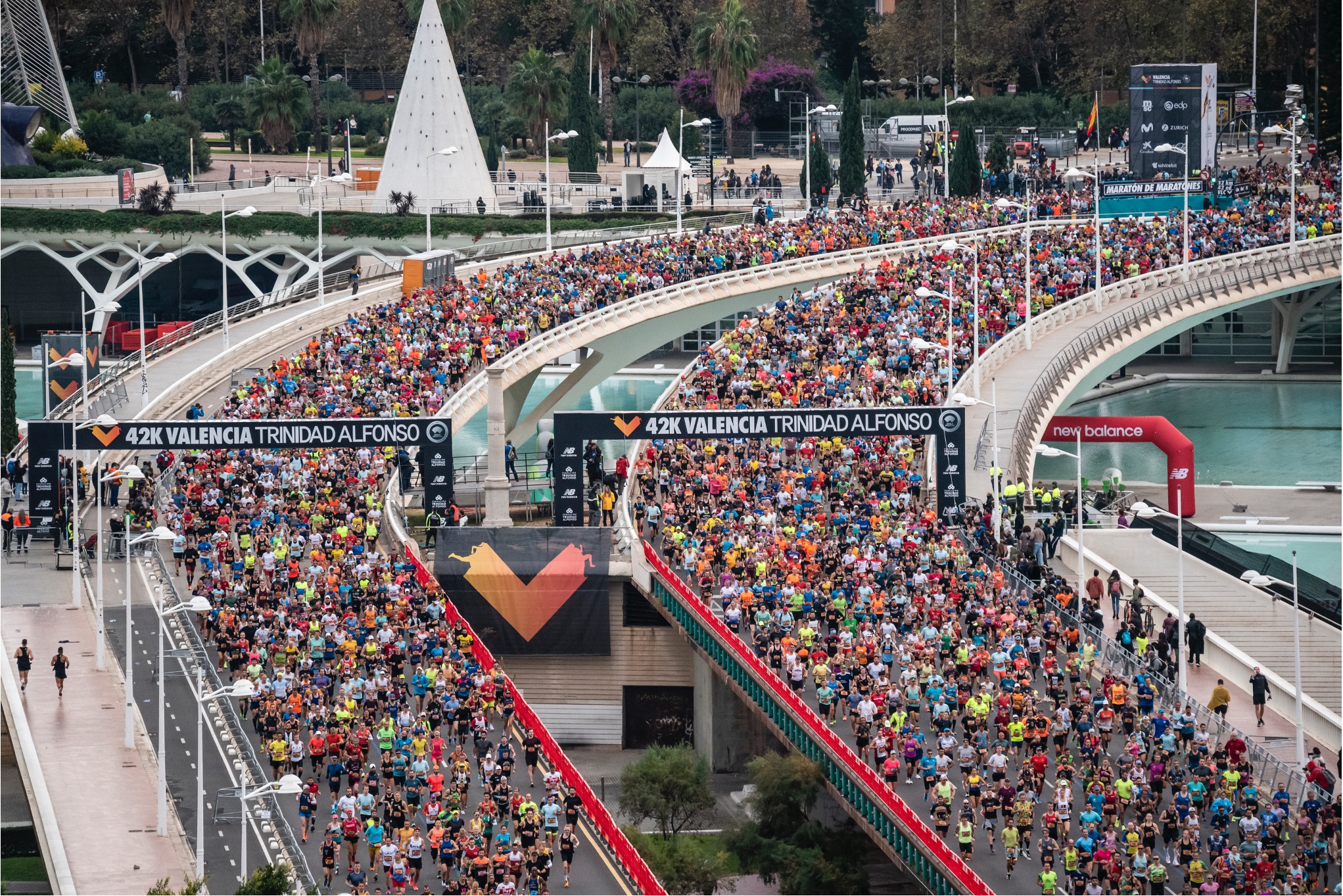Make the most of your running time with these tips and advice. We'll show you how to fit in your training, establish a good running base and carry out maintenance training to keep you in good condition year-round.
By making better use of your time and understanding basic training principles you can achieve results which will surpass your expectations.
Finding time to train
Think about how much time you spend each day doing your daily activities, and it's likely you waste at least an hour. Lunch time, the morning commute, the Sunday morning lie in are all examples of opportunities that could be used to fit in training.
Here are some ideas to help make the most of your available time and fit in some training:
- One day a week wake an hour earlier to fit in a workout.
- Workout straight after work before going home.
- Make use of that commuting time by running in and out of work.
- Make use of your lunch hour with a workout and snack throughout the day instead.
- On weekends, rise early and get the workouts out of the way before the family even rises.
Finding this regular hour is the key to training properly. Being able to train for an hour non-stop generally means you could race for two or three hours non-stop, which means a half marathon or more is within your realm.
Fitting running into your week
How well you develop is dependent on how well you recover – if you don't recover well , then you get injured, ill or run down. While most elite athletes have the advantage of not working, we have to factor in the working week to our training and recovery.
Your long run sessions should naturally be reserved for weekends because it's difficult to find the time to fit in a long run during the week. If the long run is at the weekend (usually a Sunday), then Mondays will be reserved for recovery. Likewise, by the time we get to the end of the working week (usually a Friday), you're probably tired, so Friday becomes the other recovery day.
This leaves Tuesday, Wednesday and Thursday, which being in the working week, are still limited for time. This makes them perfect for higher quality workouts like tempo runs, intervals sessions and hill workouts. Try harder workouts on Tuesday and Thursday, with shorter, easier recovery run on Wednesday.
Use hill sessions as a running shortcut
If you don’t have time for a long run then you can use hills as a shortcut. Long runs build muscular endurance via repetitive stride patterns, but hills help build a combination of strength and endurance. A shorter run done uphill can replace a long run.
If you don’t have time for a long run then you can use hills as a shortcut.
Hills are also good for replacing hard interval sessions. If you haven’t got time for your track interval session, then a hard run on the hills is the next best thing. The resistance builds leg strength while the effort of the hills produces similar heart rates to speed work.
Annual fitness base plan
Training for a one-off goal, regardless of whether it's a 10k (6.2 mile) event or even a marathon, can set you up for the the rest of your year. The level you get to is called a 'base' and once established you can maintain that fitness on less than half the work it took to establish it. A well thought out maintenance program can see you maintaining fitness and racing surprisingly well for several months. (See Table 1 below)
Table 1: Annual plan (adaptable to any major event)
| Month |
Emphasis |
Training Volume |
| 1 |
Major Build-up |
50% max mileage |
| 2 |
Major Build-up |
65% max mileage |
| 3 |
Major Build-up |
80% max mileage |
| 4 |
Major Build-up |
Max Mileage |
| 5 |
Major Goal Race |
Reduce 20% per week |
| 6 |
Maintenance Training |
Rebuild to 40% max |
| 7 |
Maintenance Training |
40-60% max mileage |
| 8 |
Maintenance Training |
40-60% max mileage |
| 9 |
Maintenance Training |
40-60% max mileage |
| 10 |
Maintenance Training |
40-60% max mileage |
| 11 |
Maintenance Training |
40-60% max mileage |
| 12 |
Recovery (followed by next 20 week build up to major goal) |
0-25% max mileage |
Maintenance training
Many of us would be quite happy and race quite well simply by following the maintenance schedule all year round. Essentially, maintenance training is a cyclical regime covering the standard principles of long, hilly and hard, but mostly the emphasis is on using the actual races as training.
A four-week cycle where you train for two weeks, taper for a week before a race , then take it easy for a week after the race, before going back into the two weeks training for the next race, is an ideal way to maintain fitness. (See Table 2)
Looking at the four week schedule you’ll see that the long sessions, hill sessions and hard sessions are still in there, but weekly races in the individual disciplines and the major monthly tri-type race is the main focus. Note also that the overall structure is based on recovery from both training sessions and your work week.
The programme will work best when you have a solid base already. Of course, some of us might never have the time or inclination to build up for something like a marathon. That’s fine; the maintenance training will still work for you because it is designed to get the most out of whatever time you have available.
Maintenance training will still work for you because it is designed to get the most out of whatever time you have available.
Table 2: Four-week maintenance cycle
(The following four-week schedule is based on the recreational runner looking to get more out of whatever time they have to train. It is designed to follow a major build-up, but could be used as the basis for time efficient training at any time.)
|
|
Week 1 - 35% max |
Week 2 - 50-65% Max |
Week 3 - 50-65% Max |
Week 4 - 35% Max |
| Mon |
Day off |
Day off |
Day off |
Day off |
| Tues |
30-60min Easy |
30-60min Hard, inc 4-6x800m 5k-10k Pace |
30-60min Hard, inc 4-6x800m 5k Pace |
30-60min inc 1k-3k at 5k Race Pace |
| Wed |
Day off |
30-60min Easy, Hills |
30-60min Easy, Hills |
Day off |
| Thurs |
30-60min Easy |
30-60min Inc 5x200m strides |
30-60min Inc 5x200m strides |
20-30min Easy, inc 5x100m strides |
| Fri |
Day off |
Day off |
Day off |
Day off |
| Sat |
30-60min Hard, Hills |
Minor Race or 5k Time Trial |
Minor Race or 3k Time Trial |
15-20min Easy, flat |
| Sun |
1hr-2hrs Easy, Hills |
1hr-2hrs Easy, hills |
30-60min Easy, flat |
KEY RACE 5k to half marathon |















